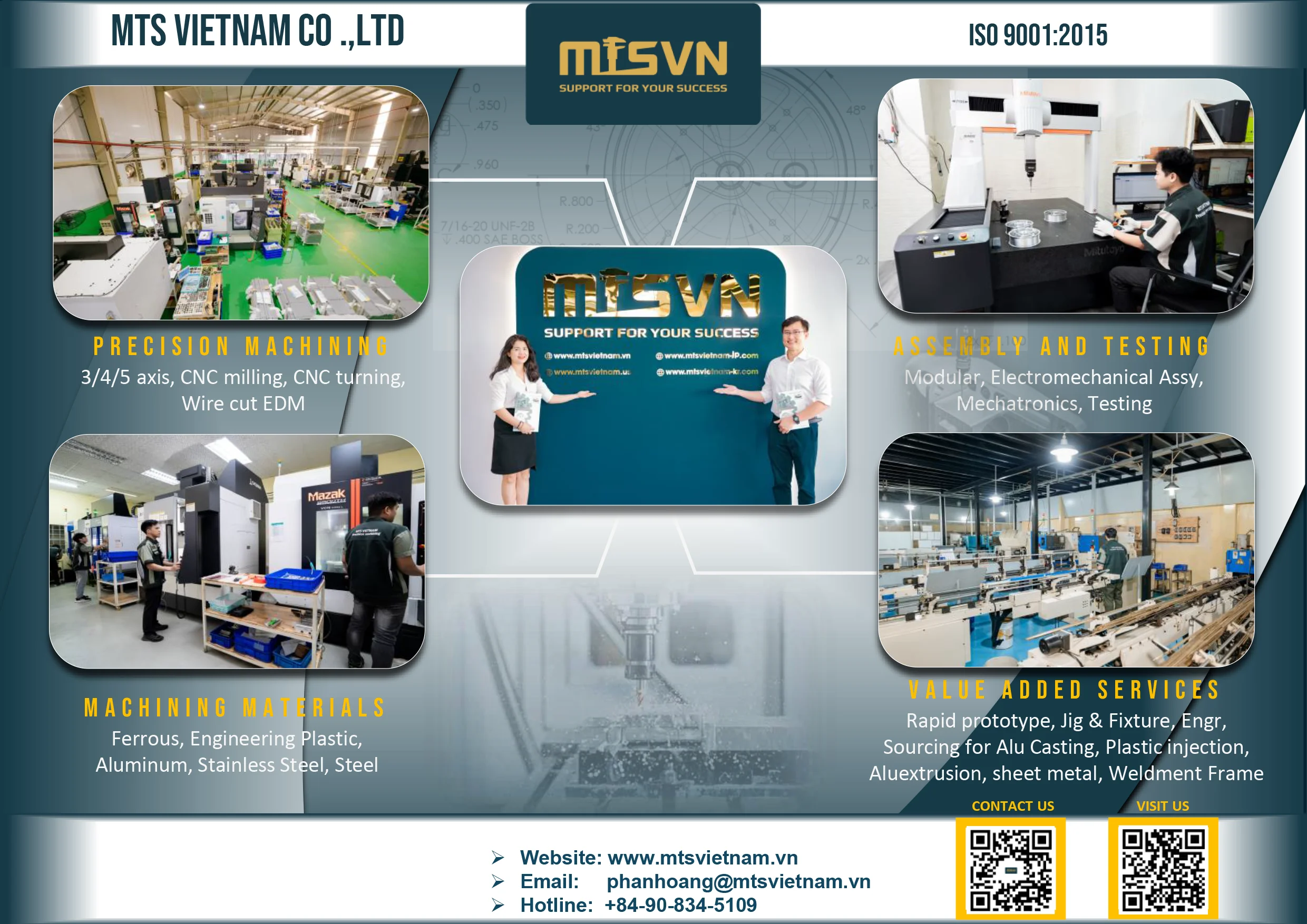Introduction
In the field of mechanical engineering, achieving precision in the dimensions of parts and assemblies is crucial. DIN 2768-m, part of the larger DIN 2768 standard, plays an essential role in establishing medium tolerances for machined parts. This article delves into what DIN 2768-m encompasses, its applications, and its importance in ensuring quality and uniformity in production processes, especially in environments where moderate precision is required.
What is DIN 2768-m?
DIN 2768-m is a standard issued by the Deutsches Institut für Normung (DIN), which sets out the general tolerances for linear dimensions and geometrical tolerances for machined metal parts where precision is important but does not require the highest degree of accuracy. The 'm' designation stands for 'medium' tolerances, indicating that the standard is less stringent than DIN 2768-f, which specifies 'fine' tolerances.
Scope and Application of DIN 2768-m
The DIN 2768-m standard is applicable to a wide range of machined parts and is widely used in industries such as:
- Automotive: For components that do not engage directly with critical safety systems but still require good fit and consistent dimensions.
- Construction Machinery: In parts where dimensional accuracy is necessary for assembly but where ultra-precision is not crucial.
- General Engineering and Manufacturing: For a variety of components in machines and devices where medium-level precision is sufficient to ensure functionality and performance.
Key Features of DIN 2768-m
- Tolerances for Linear Dimensions: DIN 2768-m provides a set of standardized tolerances for linear dimensions (length, width, height) of metal parts. These tolerances help manufacturers understand how much a part can deviate from its specified dimensions while still being considered acceptable.
- Geometrical Tolerances: This standard also outlines the acceptable deviations for the shape and position of features, ensuring that parts are not only the correct size but also the correct shape and properly aligned.
- Material Considerations: Although the standard primarily addresses dimensions, it indirectly influences material selection and processing techniques, as these factors can affect the ability to meet specified tolerances.
Benefits of DIN 2768-m
- Simplified Design and Manufacturing Processes: By providing clear guidelines on tolerances, DIN 2768-m simplifies the design process for engineers and streamlines manufacturing operations.
- Enhanced Compatibility: With standardized tolerances, components manufactured by different companies or in different locations are more likely to be compatible with each other, facilitating easier assembly and system integration.
- Cost Efficiency: Applying medium tolerances where ultra-precision is not necessary can significantly reduce manufacturing costs. Tighter tolerances often require more advanced technology and greater time investment.
Challenges in Implementation
Implementing DIN 2768-m standards requires careful consideration of manufacturing capabilities and product requirements. Some challenges include:
- Balancing Cost and Precision: Determining when to apply DIN 2768-m versus more or less stringent standards involves understanding the functional requirements of the part and the potential impacts of increased or decreased precision on product performance and cost.
- Quality Control: Ensuring consistent adherence to the tolerances specified by DIN 2768-m requires robust quality control processes. This may involve investment in measuring and inspection technologies.
Conclusion
DIN 2768-m is a fundamental standard in the mechanical engineering industry, particularly valuable where medium tolerances are adequate for product functionality. It supports manufacturers in delivering products with consistent quality and helps in maintaining cost efficiency. As industries evolve and production techniques improve, the applications of DIN 2768-m continue to be integral to the successful operation of manufacturing processes, balancing precision with practicality in product development.
MTS Vietnam is a prominent company specializing in precision mechanical components fabrication. Established in 2017, it has quickly become a reputable name in the Vietnamese and Southeast Asian markets. The company's expertise lies in CNC milling and turning parts made from a variety of materials, including Aluminum, Steel, Stainless, POM, and other engineering plastics. MTS Vietnam is dedicated to supporting the success of its customers and strives to be a leading company in the field of precision mechanical processing both in Vietnam and internationally.
In addition to its fabrication services, MTS Vietnam offers assembly services for components and machines, as well as CNC program services. This comprehensive range of services is aimed at providing optimal solutions and benefits to its customers through the company's ecosystem and strengths. MTS Vietnam emphasizes the importance of investing in new technology and quality control equipment to ensure that it can deliver merchandise at competitive prices and within the required deadlines.
WORKSHOP: 248/10 ĐT743A Street, Binh Thung 1 Quarter, Dong Hoa Ward, Ho Chi Minh City, Vietnam
Tel/zalo/viber: 0908.345.109
Email: phanhoang@mtsvietnam.vn | info@mtsvietnam.vn
Website: www.mtsvietnam.vn (Global Market) | www.mtsvietnam-jp.com (日本)
For USA Sales, please contact MTS USA at:
Tel/zalo/viber: 978-777-1716
Email: sales@mts-usasales.com
Website: www.mtsvietnam.us (US Market)







